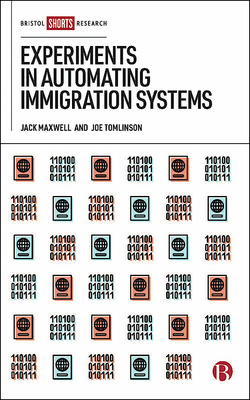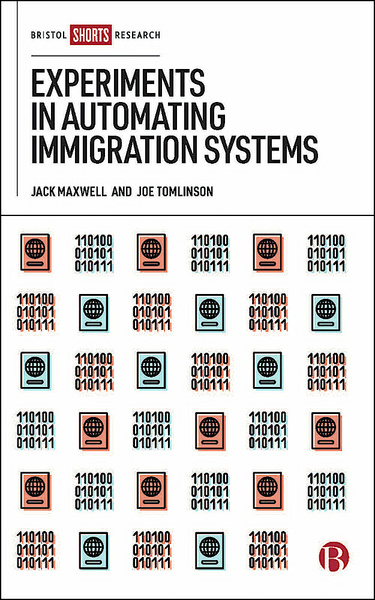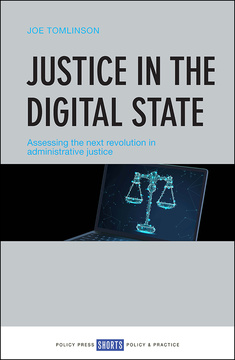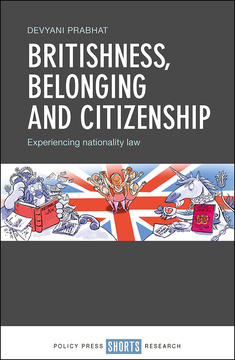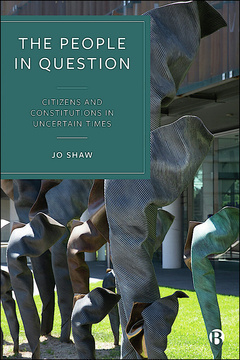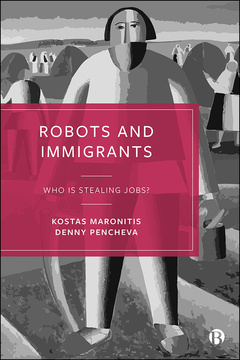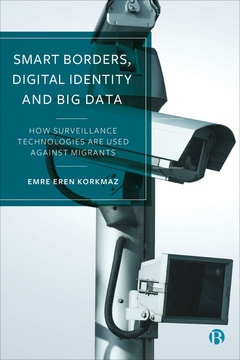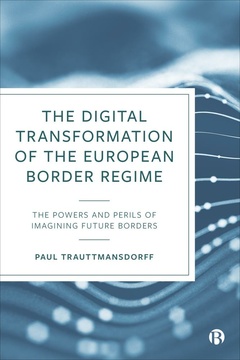Experiments in Automating Immigration Systems
By Jack Maxwell and Joe Tomlinson
Published
25 Jan 2022Page count
130 pagesISBN
978-1529219845Dimensions
203 x 127 mmImprint
Bristol University PressPublished
25 Jan 2022Page count
130 pagesISBN
978-1529219852Dimensions
203 x 127 mmImprint
Bristol University PressPublished
25 Jan 2022Page count
130 pagesISBN
978-1529219852Dimensions
203 x 127 mmImprint
Bristol University PressIn recent years, the United Kingdom's Home Office has started using automated systems to make immigration decisions. These systems promise faster, more accurate, and cheaper decision-making, but in practice they have exposed people to distress, disruption, and even deportation.
This book identifies a pattern of risky experimentation with automated systems in the Home Office. It analyses three recent case studies including: a voice recognition system used to detect fraud in English-language testing; an algorithm for identifying ‘risky’ visa applications; and automated decision-making in the EU Settlement Scheme.
The book argues that a precautionary approach is essential to ensure that society benefits from government automation without exposing individuals to unacceptable risks.
“Maxwell and Tomlinson’s contribution to debates on automation in government is timely and important. Three detailed and persuasive case studies show the challenges for regulation and redress in this area.” Oliver Butler, University of Oxford
"This well-written and accessible book is an excellent primer on emerging public sector digitalization and administrative justice. We should heed its call for caution and law to prevent injustice at scale in automated immigration." Christiaan van Veen, Digital Welfare State and Human Rights Project and New York University School of Law
Jack Maxwell is a barrister at the Victorian Bar.
Joe Tomlinson is Senior Lecturer in Public Law at the University of York.
Foreword - Catherine O’Regan
1. The Home Office Laboratory
2. Testing Systems
3. The Brexit Prototype
4. Category Errors
5. Precautionary Measures







